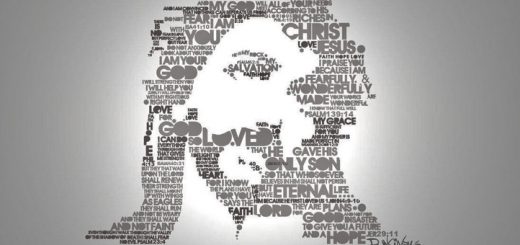Marriage between two women in Africa. It was part of culture and tradition
Translated from Italian By Adelard.
While today there is a concern for the recognition of the rights of homosexuals or unmarried couples, marriages between women in Africa in the seventeenth and eighteenth centuries were part of an approved and widespread social model. At least until the western world, the colonization, the rules and the religions of the missionaries have not erased cultures and traditions.
Some (of the kind we are talking about) are tenaciously alive, others have disappeared. In some areas of the Dahomey kingdom (now Benin), in eastern Nigeria and in some parts of southern Africa, marriage between women was widespread, involving both families, dowry payment and a ceremony.
At marriage, a woman played the role of the wife and the other that of the husband who, if she was of high social status, could have access to honorary titles reserved for men. If a woman was rich, in communities that allowed polygamy, she could also afford more than one bride.
Usually – Face2Face Africa – explains – they were women dedicated to trading and who had a certain power in the community, even on political decisions. As was the case with the Igbo in Nigeria. Even priests and warriors could marry people of the same sex, as in the Dahomey kingdom.
It also happened that when there were no male descendants in the family, the female daughter was forced to play the part of the man and then to marry a woman. Usually, one of the two women conceived children with men in a state of slavery and the children belonged to the wife. It could also happen that a woman married a widow and supported her children.
Taken from an article by Antonella Sinopoli.



